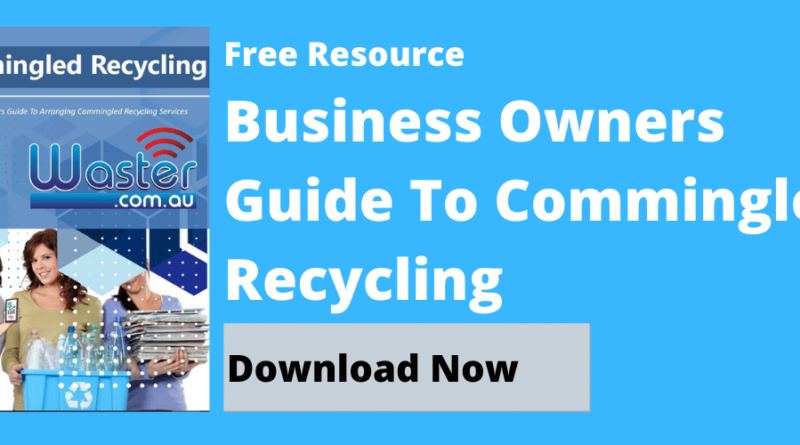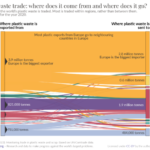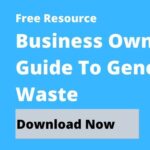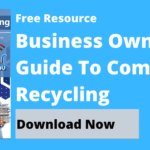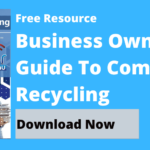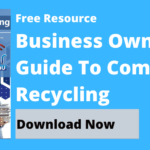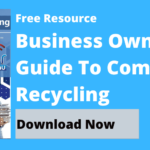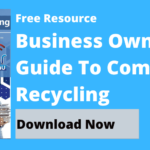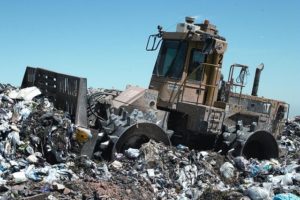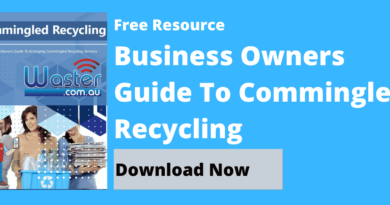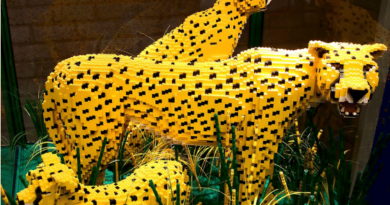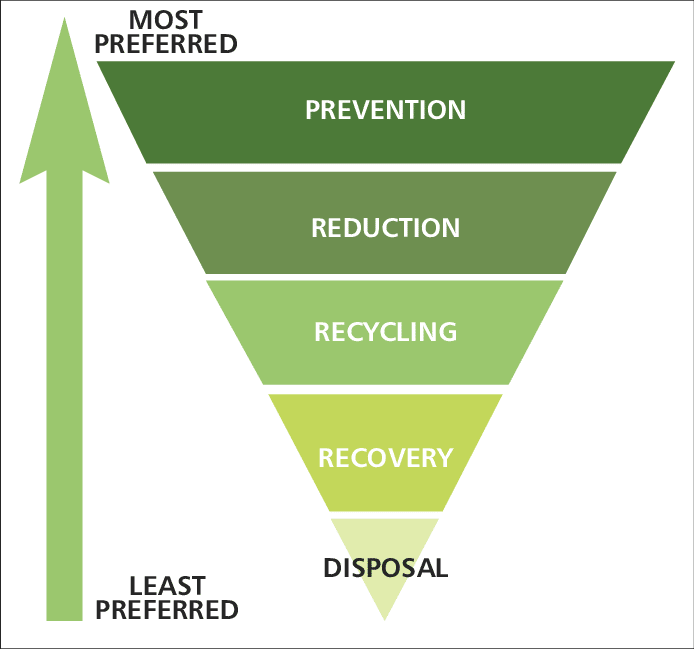Plastic-eating ‘Superworms’ May Provide A Solution To Global Waste Problem 🪱
Energy Disrupter
Plastic-eating Superworms 🪱: Scientists based in Australia discover enzymes inside beetle larvae capable of degrading polystyrene, one of the most widely-used types of plastics. Will using these suffice in reducing plastic and landfill waste around the world? Continue reading to learn more.
Honestly, the thought of worms makes me shudder to my core. I find them quite, err… gross. However, do not let my little disgust for worms distract you from the fact that they have quite a lot of benefits, too. In fact, scientists even deduced that intestinal worms may be good for your body!
Going back on track, a little over a month ago, scientists and researchers at the University of Queensland discovered a species of ‘superworms’ that can feast upon polystyrene, which could become the solution to the global waste problem we currently experience today – and the key to plastic recycling on a larger scale.
Polystyrene is easily one of the most commonly-used plastic today. It appears in items such as egg cartons and takeaway coffee cups. Traces of polystyrene can also be found on packing peanuts, packaging, cutlery and straws.
Below, we shed a bit more light on plastic-eating superworms and how cultivating them may help us fight plastic pollution better.
A bit about Waster: who are we and what do we do?
Before we go further with plastic-eating superworms and how they can help with plastic recycling and reduction, let me share with you more information about Waster.
>Download Now: Free PDF Business Owners Guide To Commingled Recycling Bin Services
We here at Waster provide you with innovative solutions for you and your business’s waste management and recycling needs. Furthermore, we provide flexible, 30-day contracts instead of the typical lock-in contracts, which proves to be better.
Click on the blue button to learn more.
READ NOW: Solar Powered Compactor Bins Are The Future! ☀️
More on these plastic-eating superworms
Scientists and researchers at the University of Queensland, as mentioned above, discovered plastic-eating superworms. Named Zophobas morio, these superworms can easily eat and digest polystyrene, thanks to a bacterial enzyme found in their gut.
Dr Chris Rinke and his team from UQ’s School of Chemistry and Molecular Biosciences put the superworms on three separate diets over a three-week period.
Study
In the study, the scientists split 135 of the creatures into three groups. They fed the first group with wheat bran, the second with polystyrene and the third nothing at all.
Although the bran-fed worms were discovered to be fatter and healthier after three weeks, the plastic-fed superworms also survived and were in much better shape than those superworms in the group that were not fed anything.
In addition to discovering what diet works best for them, scientists set them aside to grow into beetles. The results: 93 per cent of the wheat bran-fed larvae formed pupae, whilst around 67 per cent of the plastic-fed ones pupated. As for the larvae that did not get to eat anything, only 10 per cent survived and pupated.
“We found the superworms fed a diet of just polystyrene not only survived but even had marginal weight gains,” Dr Rinke said.
Additionally, “This suggests the worms can derive energy from the polystyrene, most likely with the help of their gut microbes.”
They used a technique called metagenomics to sequence the organisms (i.e., the enzymes) in superworms’ guts responsible for degrading both polystyrene and styrene.
Plastic-eating superworms: goal
What is the goal? The long-term goal is to engineer enzymes to degrade plastic waste in recycling plants through mechanical shredding, followed by enzymatic biodegradation after feeding the shredded plastic to superworms.
“Superworms are like mini recycling plants, shredding the polystyrene with their mouths and then feeding it to the bacteria in their gut,” Dr Rinke said.
“The breakdown products from this reaction can then be used by other microbes to create high-value compounds such as bioplastics.”
Jiarui Sun, PhD candidate and co-author of the research, said they aim to grow the gut bacteria in their lab and further research how effective the plastic-eating superworms can degrade polystyrene.
“We can then look into how we can upscale this process to a level required for an entire recycling plant,” Ms Sun said.
Plastic-eating superworms: the need to reduce plastic waste
Why do you, our readers, think we need the services of plastic-eating superworms or the like to reduce plastic waste?
That is because, in recent times, plastic has become a real global-scale problem that needs addressing. Without some system to remove plastic waste, it will become worse for the planet as time goes on.
First, plastic takes ages to decompose. A single piece can last as long for centuries or even a millennium if no plastic-reducing process such as recycling takes place.
Moreover, not only does plastic have negative impacts on humans, but it also has devastating effects on wildlife and marine life. For example, some animals see plastic scattered around and identify them as food. They proceed to eat it, resulting in either choking or starving. They starve because ingesting too much plastic waste can block their digestive tracts. The toxic chemicals found in plastic can also harm the animal’s health. Marine life such as fish and turtles have been found with plastic stuck in, on and around them.
With the help of new discoveries such as plastic-eating superworms, we can avoid all of that and save our environment – even the whole world!
Our final thoughts on this blog
We hope to see more developments on these plastic-eating superworms soon. Mr Waster here wants to see them utilised in recycling plants, eating shredded plastic and producing bioplastics in the near future.
Watch this video for a visual representation of what we covered in this blog.
[embedded content]
Contact Waster right now for your waste and recycling needs now!
Does your Australian-based business need waste and recycling services? If so, then you have come to the right website!
Please call 1300 WASTER (1300 927 837). You can also email us at [email protected] or [email protected] if you have further questions. Find the best deals in terms of waste and recycling pricing and services!


